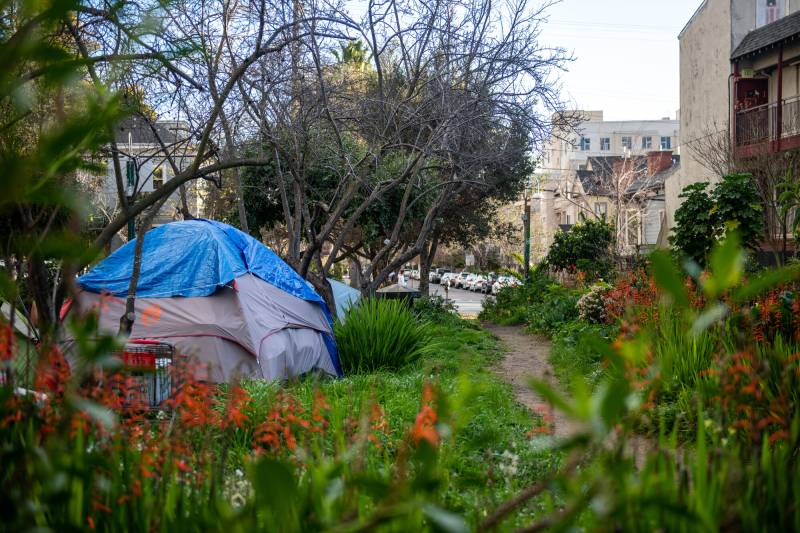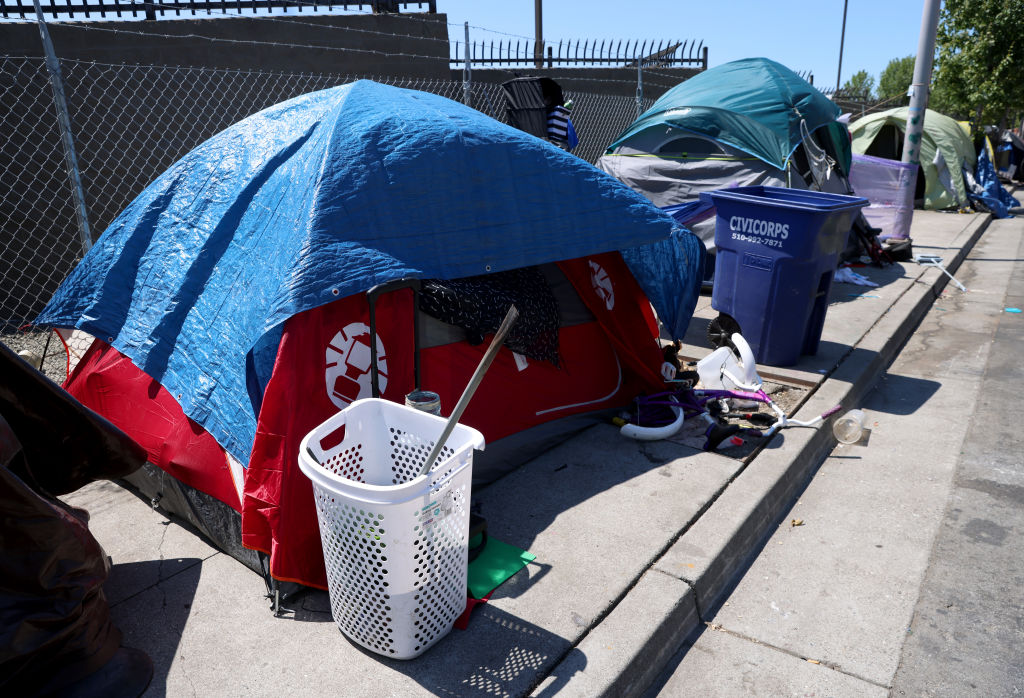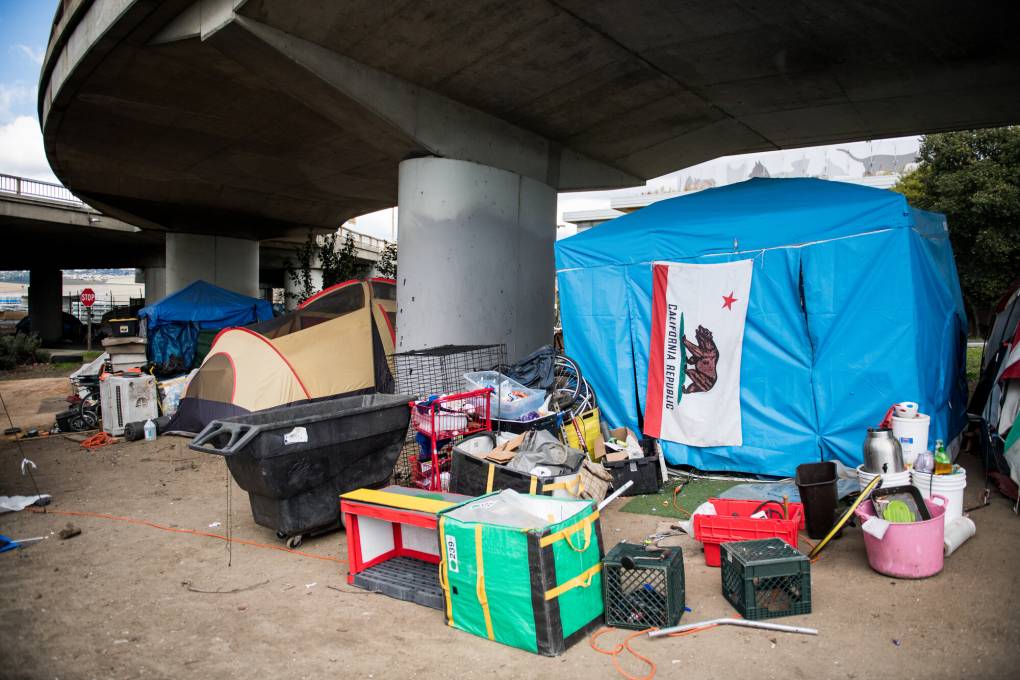“The conditions you describe in this resolution will simply be recreated in a new place,” said Olivia deBree, a nurse who provides medical care to Berkeley’s two largest encampments.
In its lawsuit against the city, nine West Berkeley businesses and landlords pointed directly to lawsuits from advocates for people experiencing homelessness as one reason the city has failed to act.
“It was time to even the playing field and to put pressure from the other direction,” said Ilan Wurman, an attorney for the plaintiffs. “We wanted them to know that this lawsuit was going to happen and that we expect more than just talk for a change, but actual results.”
The timing of the suit — filed just as the City Council took up Kesarwani’s proposal — was no accident, he said.
It seeks an injunction requiring the city to clear three camps: one in the Harrison Street corridor, one along Codornices Creek and a third on the west end of Dwight Way.
The suit relies largely on the city’s own reports to argue that the camp in the Harrison Street area has, in the words of Berkeley’s city manager, “posed both very dangerous living conditions for the people living in them, and serious impacts to the neighboring businesses, residents, and general public.”
According to an August 2023 report from the city manager’s office, those hazards included discarded hypodermic needles, dead animals, spoiled food, human feces, bottles of urine, “and other unidentifiable liquid and waste products.” City inspectors also noted that camp structures and debris blocked sidewalks and extended into the street.
In addition to having to confront the conditions described in the city’s reports, the plaintiffs cite safety concerns arising from encounters with people living in the encampments.
“In one recent incident, a woman came into the (Fieldwork) brewery asking for free food,” the complaint reads. “When the manager on duty offered help, she left only to return two minutes later with a 10-foot metal pole swinging it at customers and employees; she was chased out of the building by customers and ultimately arrested by police.”
Wurman said the city has all the authority needed to take action, “and all that is missing is political will.”



